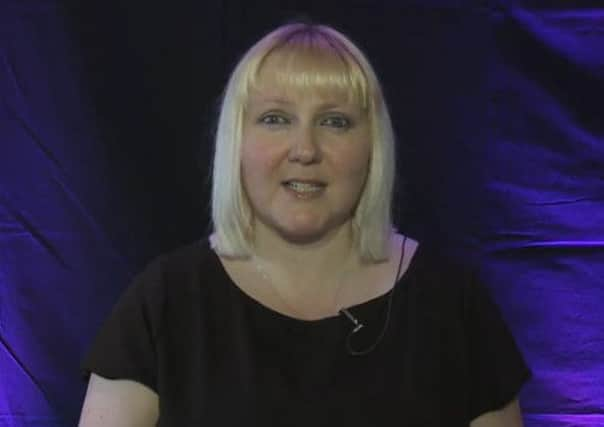Holyrood disability drive ‘cost-cutting’ exercise


Campaign groups have also warned MSPs that many disabled people have been forced to ditch lifeline services after “massive increases” in care charges in recent years which is eating into all of their spare income.
A national commission into Scotland’s social care system is now being called for to examine the plight of many disabled Scots and consider how the expected spiralling costs will be covered in the years ahead.
Advertisement
Hide AdAdvertisement
Hide AdThe Government has introduced a system of Self Directed Support (SDS) which sees benefits rolled into one tailored package for each disabled claimant, as welfare support like employment support and disbalility living allowance are phased out.
Tressa Burke, chief executive, of the Glasgow Disability Alliance said the rhetoric surrounding the change was “fantastic” when she appeared before Holyrood’s Equal Opportunities committee.
But she said: “There is a realistic experience happening in the ground.
“The experience of many people on the ground in Glasgow is that it’s a cost-cutting exercise and that’s certainly not the intention of the act or strategy.”
Etienne d’Aboville, Chief Executive, Glasgow Centre for Inclusive Living said the funding in Glasgow has not gone down, but there have been “winners and losers” as existing budgets are reorganised.
The group has to deal with people who have seen support cut from 66 hours to 22 hours, which means a couple of days at a day centre.
“The impact of that is somebody effectively losing all their social life,” he added.
Another individual has seen their health support cut , while another was “refused night cover on the basis they can use incontinent pads.”
Advertisement
Hide AdAdvertisement
Hide AdThis undermines the “principles of choice control and dignity” which should be underpinning self-directed support, he added.
“It’s totally over-ridden by the lack of availability of funds,” he said of SDS.
Scotland must take a “long hard look” at its priorities in terms of inclusion and support for disabled people, he added.
“I think increasingly, we’re thinking the only way to do that is set up a commission on social are and look at how we do it quite fundamentally - the odd percentage point here and there in terms of the Budget is just not going to cut it at the moment.”
Cuts in be the benefit systems will see disbabled Scots lose somewhere in the region of £1 billion by 2015.
Bill Scott of Inclusion Scotland said the issue of rising council care charges is also starting to bite hard.
“There are disabled people at the moment losing 100 per cent of their income in care charges,” he said.
“No-one else in society would envisage, far less contemplate an income tax rate of of 100 per cent above the minimum you require to live on.”
Advertisement
Hide AdAdvertisement
Hide AdA former Post Office manager with an £8,000 a year pension is being told he will lose more than 90 per cent of his pension in care charges, Mr Scott told MSPs.
Care charges only account for about “two or three percent” of the care budget, according to Mr Scott.
But he added: “The impact on the lives of the people that are having the increases levied on them are massive and increasing year on year.”
It is now feared that councils could hike up charges “even more” as they lose revenues from disability living allowance and employment support.
Mr d’Aboville agreed that charges are a a growing concern.
He added: “There is some anectodal evidence that people are stopping using services because charges are rising and being introduced and being applied to more people in many areas.”
He warned of “a huge, potentially damaging impact of people not getting the support they require because their avoiding it for reasons of charging.”
Charges also differ widely from area to area which undermines an “inclusive and equitable” approach Scotland-wide.